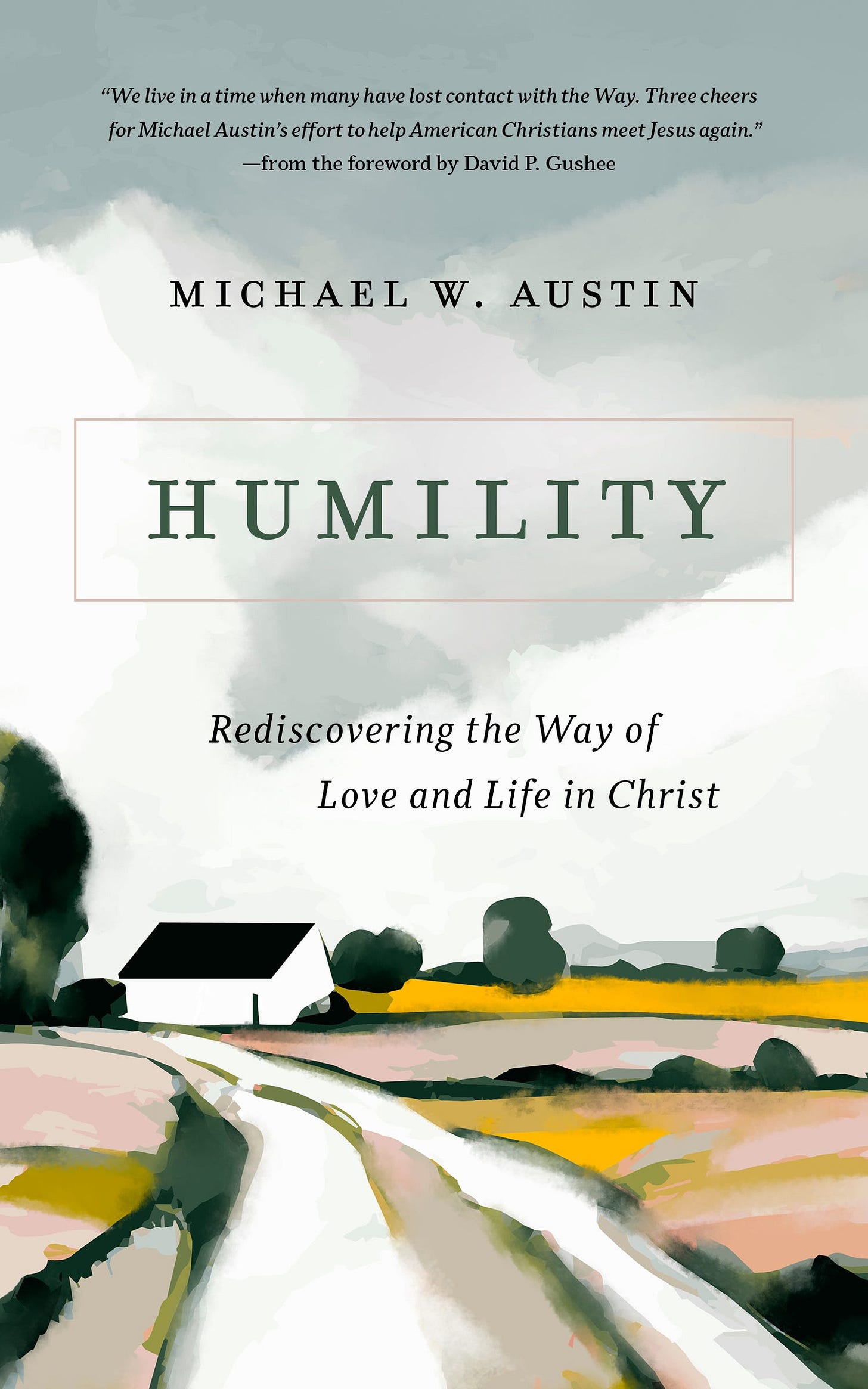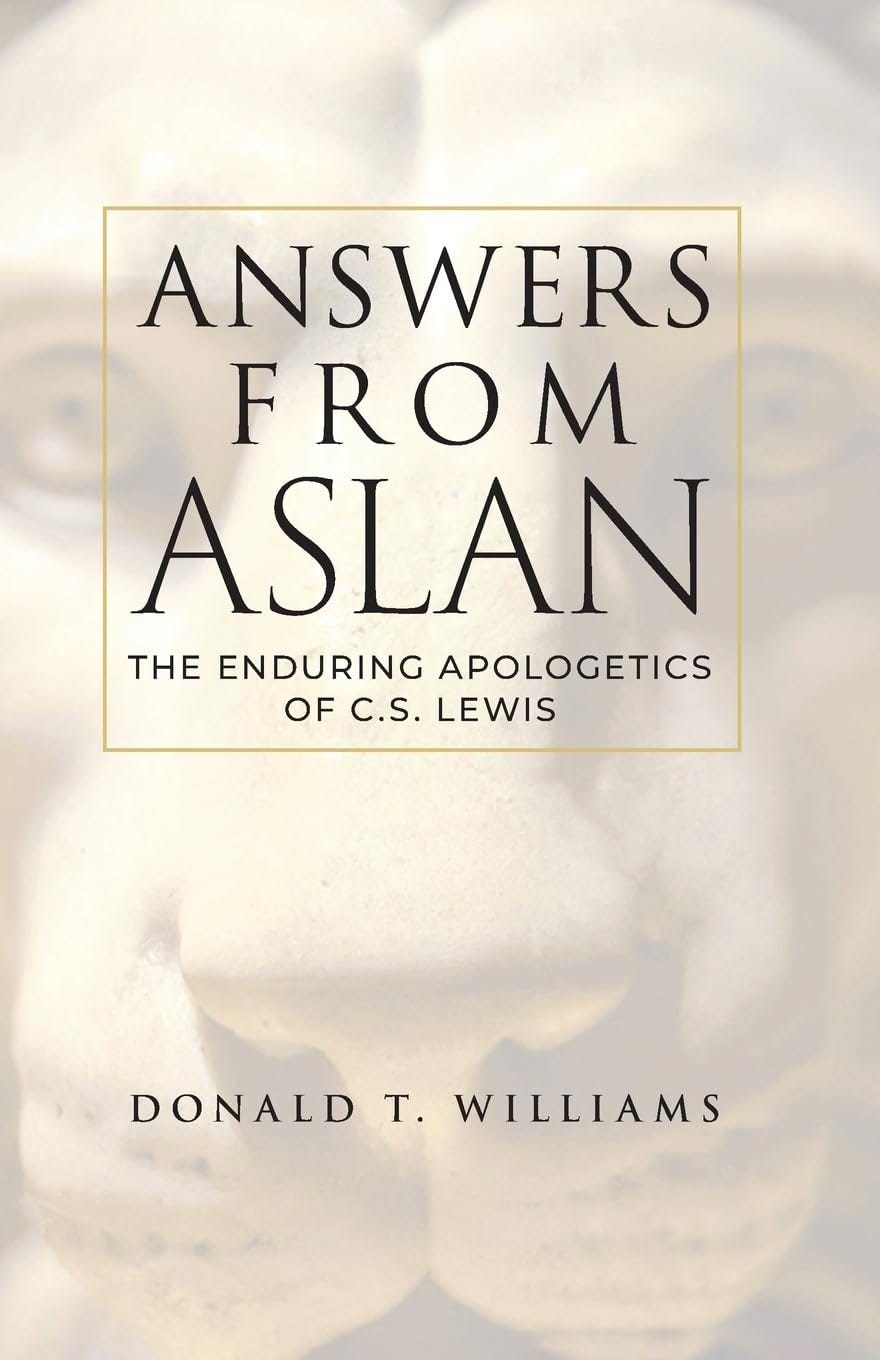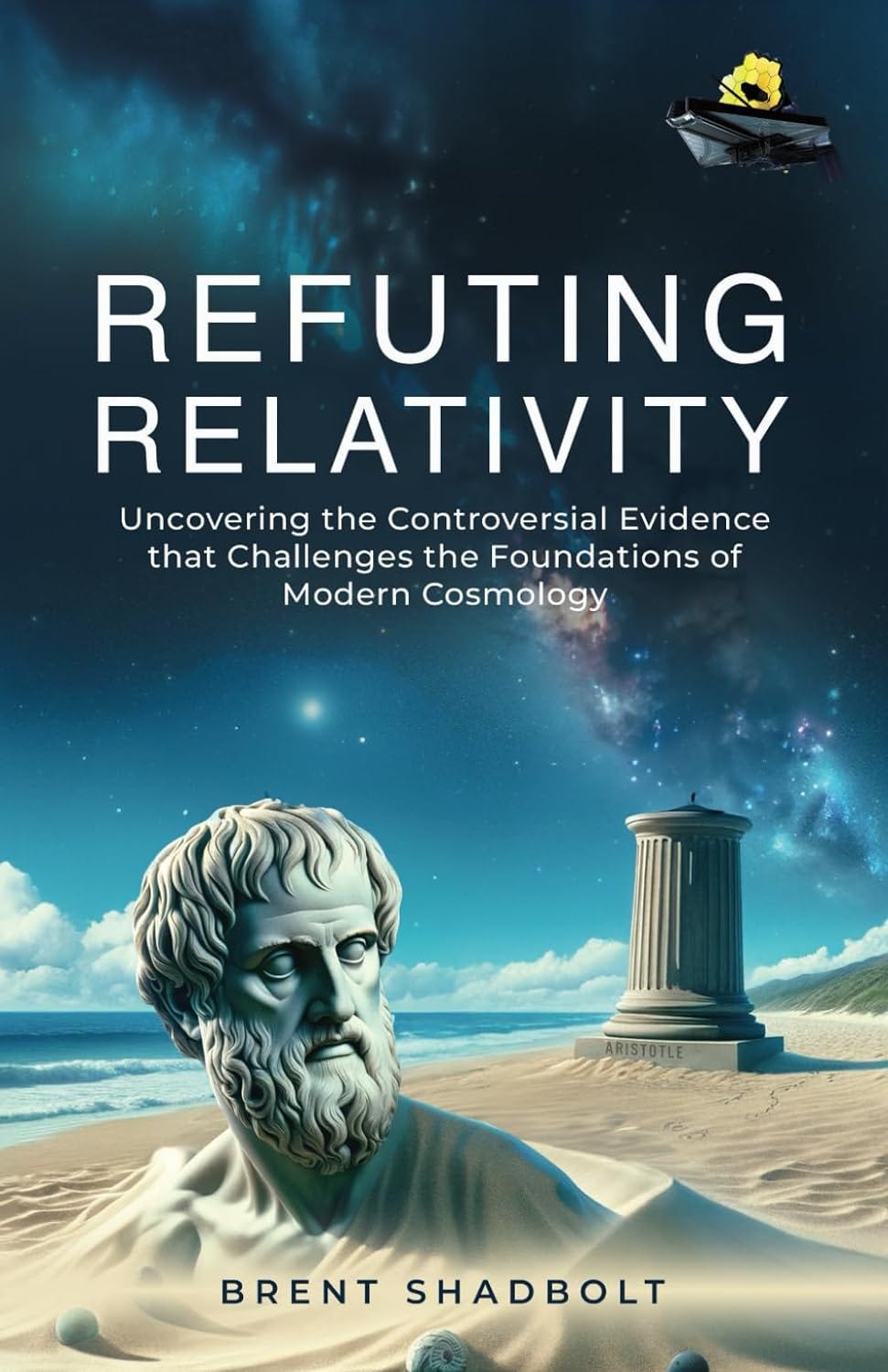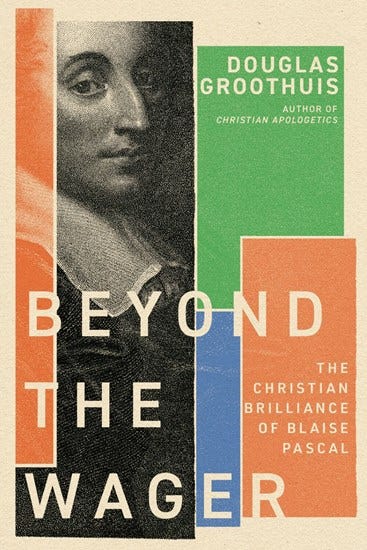My wife and I recently listened to the eight-part podcast entitled “The Witch Trials of J.K. Rowling,” hosted by Megan Phelps-Roper. It was largely about the vociferous resistance Rowling has encountered on social media after, as a left-leaning feminist herself, she nevertheless raised some concerns about the transgender movement—especially questions concerning women’s sports and her concerns about children “transitioning” when, she argues, they are not mature enough to make such momentous decisions and, in most all cases, eventually would grow out of the desire to do so.
The backlash she has received for raising these concerns is well known, and it’s just the most public example of a recurring pattern of demonization and bullying that’s taking place right now directed against women, especially, with the temerity to call into question any aspect of the trans agenda. (The firing of philosophy professor Kathleen Stock from Sussex is another example.)
There was much about the podcast I found enjoyable and illuminating. Among what I found fascinating was the chance to find out a bit more about the host, the granddaughter of the founder of Westboro Baptist Church who eventually found her way out of that toxic church situation. She had been caught up in the unseemly and atrocious behavior of her church for a number of years, using her considerable talents as an advocate and apologist for the cause. Her subsequent deliverance from its hold on her made her, in retrospect, second guess her ability to think clearly because, she realized, she’d been so strongly misled (while trying to think hard all along).
Epistemic humility is one thing, of course, but intellectual debilitation is another. So, in an effort to balance conviction with appropriate self-scrutiny, she adopted a set of six questions to ask herself about her beliefs to avoid falling into the same sort of trap. They are questions, I might submit, it would perhaps do us all good to ponder a bit; I find their resonance both with aspects of the history of philosophy and with biblical revelation intriguing.
First, are you able to entertain real doubts about your beliefs, or are you operating from a position of certainty? “Certainty” is often castigated nowadays as a great bugaboo to avoid. I have mixed feelings about this. On the one hand, something like “Cartesian certainty” is, admittedly, generally beyond our ken except for a few beliefs internal to our own heads. Such certainty traces back to the writings of the French philosopher René Descartes, and it’s the idea that we can’t possibly be wrong. Such uber-confidence, however, is nearly always misguided, and hankering after it is generally a mistake. (This is one of the great takeaways from the last couple hundred years of epistemology.)
Objective certainty is usually beyond our pay grade, and subjective certainty, frankly, is notoriously unreliable; plenty of the certifiably insane claim certainty about all sorts of patent falsehoods. We can and should have assurance of our deepest beliefs, but the category of certainty is less a biblical term than a misguided Enlightenment ideal with numerous problematic connotations. There’s nothing wrong, and a lot right, admitting we might be wrong about most everything.
But another concern lurks in the vicinity here: sometimes people use the word “certainty” just to capture something like firm conviction, and if so, we should definitely push back. There’s nothing wrong with firm conviction, properly grounded, adequately principled, and balanced with humility and charity and a willingness to engage in substantive dialogue with those with whom we disagree. I can be both convinced that something is true and, in principle, open to the possibility, however remote, that I might be wrong. We can and should balance conviction with teachability and an aversion to off-putting pedantry and dogmatism.
Second, can you articulate the evidence you would need to see to change your perspective, or is your position unfalsifiable? Falsifiability (and verifiability) was much discussed in twentieth century philosophy, especially because of the influence of logical positivism and the Vienna Circle. Generally speaking, setting aside the overstatements and incoherence of the movement, here’s a germane insight we can all appreciate: it’s actually a virtuous thing if one’s beliefs are, in principle, falsifiable. This is not to say false, but rather able, hypothetically, to be shown false.
What, for example (counterfactually speaking), would show Christianity to be false? I might suggest finding the bones of Jesus. (Set aside the epistemic challenge of confirming such a thing; the present point doesn’t depend on solving that.) If Jesus wasn’t raised from the dead, our hope is in vain. The Bible itself says this; see I Cor. 15:14. There’s nothing wrong with admitting as much; in fact, if we aren’t willing to admit it, we end up trivializing the importance of the resurrection. First Corinthians 15:19 is another powerful example of this principle: If this life is all there is, we are of all men most miserable.
Third, can you articulate your opponent’s position in a way they could recognize, or are you strawmanning? In this acrimonious, contentious, and divisive age in which we live, especially with the acidic effects that social media has on us all, we as believers have to be especially vigilant to speak the truth in love (Eph. 4:15), to show respect for those we disagree with, and to model what attentive listening looks like. We do our cause no favors by doing all the talking, by not listening carefully, by thinking we have everything to teach and nothing to learn.
Sometimes I have my apologetics and philosophy students spend more time laying out the positions they wish to critique, ensuring that they’re laying them out in the strongest, fairest, and most charitable form they can, since only then will their critiques carry much weight. Defeating lame variants of opposing views is as worthless as it’s easy. Knocking down the weakest versions of opposing views (an informal logical fallacy called “strawmanning”) achieves little, and is hardly a good way to love our neighbors as ourselves. (Who wants their own views treated with such disdain and frivolity?) If the truth is on our side, what do we have to fear by real and robust engagement?
Fourth, are you attacking ideas or the people who hold them? All of us, believers and unbelievers alike, have to resist, as we dialogue with others, the all too human temptation to direct our ire at people instead of their ideas. This takes practice and intentionality, and sometimes we will fail; all the more reason to redouble our efforts, learn from our mistakes, and do better the next time around. At the risk of sounding cliché, we want to win people, not just arguments, and surely not arguments by derogation.
Avoiding ad hominems and doing this right is made all the more challenging nowadays because people often identify their ideas with their identity. So even when we don’t intend to go after people, attacking their ideas may be thought tantamount to attacking the people who hold them. But this false moral equivalence is something we can’t grow weary resisting by repeating as often as needed that critiquing (say) Tom’s views is not an attack of Tom. There is great confusion nowadays about what constitutes people’s truest identities, and as Christians we shouldn’t capitulate to and reinforce those confusions.
Actually (metaphorically or literally) attacking people is wrong, of course, and we shouldn’t do it; we want to persuade people, not humiliate them, mock them, or destroy them. Whether they know it or not, we’re on their side, rooting for them; but we do demolish arguments and every pretension that sets itself against the knowledge of God, and we take captive every thought to make it obedient to Christ (2 Cor. 10:5).
Fifth, are you willing to cut off close relationships with people who disagree with you, especially over small points of contention? Here the idea is that we generally shouldn’t be doing such a thing. There are occasions when breaking fellowship is justified and called for (Titus 3:10, for example), but if we find ourselves in the habit of doing so too often or too quickly, it might indicate a problem. Perhaps God’s allowing those people in our lives to teach us something, to sanctify us. Working through the challenges they pose will not be easy, but might be important. One of the ways we can be profoundly countercultural is by resisting the “cancel” rage. There’s almost always a better, more redemptive, and more imaginative solution.
Loving those we find it hard to love is challenging, if not well-nigh impossible, and takes relying on God’s strength and enablement to do so. We can do all things through Christ who strengthens us (Phil. 4:13). Family relationships, in particular, can be especially effective reminders that we don’t always have to agree with people to be close with them—but they are just a microcosm of the family of human relations at large. Sometimes folks are waiting to see if we’ll still love them despite our differences. This is not at all about compromising our convictions, but loving people as we ought, while we strongly resist the modern notion that love entails unconditional endorsement of another’s beliefs or practices.
Sixth, are you willing to use extraordinary means against people who disagree with you (violence, celebrating misfortune and tragedy, etc.)? We should continually check our hearts. If our convictions—religious, moral, political—are engendering bitterness in our hearts, making it virtually impossible to love our neighbors as we ought, leaving a trail of broken relationships in our wake, and the like, we should ask if those convictions have taken an unhealthy form. Recall these words from another French thinker (and contemporary of Descartes), Blaise Pascal: “Men never do evil so completely and cheerfully as when they do it from a religious conviction.” What better reminder to keep love paramount than these immortal words from I Cor. 13?
If I speak in the tongues of men or of angels, but do not have love, I am only a resounding gong or a clanging cymbal. If I have the gift of prophecy and can fathom all mysteries and all knowledge, and if I have a faith that can move mountains, but do not have love, I am nothing. If I give all I possess to the poor and give over my body to hardship that I may boast, but do not have love, I gain nothing.
Let our light so shine before men, that they may see our good works, and glorify our Father who is in heaven (Matt. 5:14–16).
— David Baggett is Professor of Philosophy and Director of the Center for the Foundations of Ethics at Houston Christian University. He is the author or editor of about fifteen books, most recently Ted Lasso and Philosophy: No Question Is Into Touch edited with Marybeth Baggett.
Image by Arrowhead Coffee from Pixabay
Readers like you make The Worldview Bulletin possible. Please consider making a one-time donation at our secure giving site to support our work.
[sponsored]
Humility: Rediscovering the Way of Love and Life in Christ
Michael Austin brings us back to basics of the Christian life: humility and love. Drawing on Philippians and 1 Corinthians, Austin reminds us how Jesus, in love, poured himself out for others. This other-centeredness stands contrary to vainglorious affirmation in our lives, online and off—and it is the key to healing the deep divisions in our communities.
Austin guides the reader through spiritual disciplines to aid in the formation of this virtue, from praying the Psalms to building healthy communities. For Christians seeking transformative union with God, in their souls and society, Humility is the ideal companion.
“Akin to the writings of Dallas Willard, James K. A. Smith, and Rebecca Konyndyk DeYoung, Michael Austin’s book is a welcome addition to the long and vibrant tradition of philosophical reflection on Christian spiritual formation. Austin draws out biblical and theological insights about learning from Jesus to become like him, and in so doing he develops a profound moral psychology of conformation to Christ. This is the kind of analysis that is needed for Jesus-followers who desire greater clarity and confidence that Jesus and his way of life reliably bring about change. I highly recommend this book.”
— Steve L. Porter, executive director of the Martin Institute for Christianity and Culture, Westmont College
See our recent excerpt from Humility here.
Find Humility: Rediscovering the Way of Love and Life in Christ at Amazon, Barnes & Noble, Bookshop.org, and Christianbook.com.
"...LIKE GOD?": Post Modern Infatuation With New Age and Neo-Spiritism
“In this thorough and well-researched work, David Sonnesyn brings a lawyer’s mind to the task of exposing and challenging the leading false worldviews of our day. He leaves no heresy unexposed and exposes all of them to the liberating truth of Christianity.”
— Douglas Groothuis, Professor of Philosophy at Denver Seminary and author of twenty books including Beyond the Wager: The Christian Brilliance of Blaise Pascal and Christian Apologetics, 2nd ed.
Find . . . Like God? at Xulon Press, Amazon, and other major booksellers.
Answers from Aslan: The Enduring Apologetics of C.S. Lewis
It has been eighty years since C.S. Lewis wrote his major apologetics works. They came out during World War II. The world has changed radically since then. His arguments are still valid, but that validity might not be as obvious as it used to be.
It is not enough then for us just to parrot Lewis. We need to understand him so we can emulate him. We need to know his arguments and their strengths and weaknesses. We need to know how they can be nuanced to be more effective with today's audience. We need to learn from Lewis's methods and approach. And we need to understand his proper role as a role model: Lewis's job is to teach us how to do our own apologetic in our own voice for our own generation. The purpose of this book is to help us do just that.
“Donald Williams makes a unique, helpful, and skillful contribution to the literature on Lewis in particular and apologetics in general. I plan to use Answers from Aslan as a textbook the next time I teach The Apologetics of C.S. Lewis, and I heartily endorse it for anyone interested in this subject.”
— Douglas Groothuis, Professor of Philosophy, Denver Seminary, and author of Beyond the Wager: The Christian Brilliance of Blaise Pascal and Christian Apologetics, 2nd ed.
See our recent excerpt from Answers from Aslan here.
Find Answers from Aslan at Amazon.
Refuting Relativity: Uncovering the Controversial Evidence that Challenges the Foundations of Modern Cosmology
Are we standing at the precipice of a paradigm shift in our understanding of the cosmos?
Recent revelations from the James Webb Space Telescope have challenged the established model of an expanding universe, prompting scientists to question whether the entire model is in fact, fundamentally flawed.
Refuting Relativity pulls no punches as it reviews a century of scientific thought to show that the current crisis in cosmology can be traced back to Einstein’s theories of Relativity. Einstein’s ideas are clearly presented in their historical context, and the predictions and tests of both Special and General Relativity are carefully examined to show that they are not as conclusive as once thought.
Does the speed of light truly define the universe’s ultimate speed limit? Is curved spacetime our most accurate representation of reality, or have we been led astray by abstract Aristotelian thinking into believing in mathematical constructs that don't actually exist? By reinterpreting the mathematical underpinnings of Relativity, this book uncovers a clearer understanding of its real-world implications.
Find Refuting Relativity at Amazon.
Beyond the Wager: The Christian Brilliance of Blaise Pascal
Blaise Pascal, the seventeenth-century French philosopher and scientist, is perhaps best known for his "wager," an argument about the existence of God. But there was much more to Pascal and his brilliance.
In this accessible and well-documented study, philosopher Douglas Groothuis introduces readers to Pascal's life as well as the breadth of his intellectual pursuits, including his contributions to mathematics, science, ethics, and theology. Groothuis overviews the key points of Pascal's Pensées, which captures his thoughts about God, humanity, and Jesus Christ. Readers will also explore Pascal's views on a range of topics, including culture, politics, Islam, and miracles.
With guidance from a leading Christian thinker and longtime student of Pascal, Beyond the Wager takes you on a journey to discover the riches Pascal has to offer today.
“Philosopher Douglas Groothuis has devoted decades to studying, teaching, and writing about Blaise Pascal, and it shows. Groothuis skillfully addresses Pascal's fascinating life, scientific achievements, theological controversies, apologetic efforts, and more. His adept presentation of Pascal's unique anthropological argument for Christianity is particularly superb.”
— Robert Velarde, author of A Visual Defense: The Case For and Against Christianity
“Douglas Groothuis’s analysis of Pascal is so relevant today, as the culture drifts further away from absolute truth.”
— David N. Sonnesyn, author of ...LIKE GOD?": Post Modern Infatuation With New Age and Neo-Spiritism
“I have been reading Blaise Pascal's writings as well as other contemporary writers and apologists who have discussed Pascal and his ideas for at least three decades. Beyond the Wager: The Christian Brilliance of Blaise Pascal is one of the finest introductions to this amazing Christian thinker available. Douglas Groothuis's fine book is both substantive and accessible—a must-read for all of us contemporary Pascalians.”
— Kenneth Samples, senior scholar with Reasons to Believe
See our recent excerpt from Beyond the Wager here.
Find Beyond the Wager at InterVarsity Press, Amazon, Barnes & Noble, Christianbook.com, and other major booksellers.
Advertise in The Worldview Bulletin
Do you have a ministry, book, course, conference, or product you’d like to promote to 7,151 Worldview Bulletin readers? Click here to learn how. We’re currently booking for May-June.
Would you like to grow in your knowledge of and ability to defend the Christian worldview?
Would you welcome the opportunity to learn from world-class Christian scholars and apologists?
If so, please consider subscribing to The Worldview Bulletin. You’ll receive exclusive articles, access to our full archive of past essays, the ability to join our video tutorials and presentations, as well as stream them at your convenience.
You’ll also be supporting our work of equipping Christians around the world to contend for the faith and demonstrating the truth, goodness, and beauty of the Christian worldview.
If you prefer to give a one-time donation instead, you can do so here. We couldn’t do this work without the support of our readers.
Thank you!
“Staffed by a very respected and biblically faithful group of Evangelical scholars, The Worldview Bulletin provides all of us with timely, relevant, and Christian-worldview analysis of, and response to, the tough issues of our day. I love these folks and thank God for their work in this effort.”
— JP Moreland, distinguished professor of philosophy, Talbot School of Theology, Biola University, author of Scientism and Secularism: Learning to Respond to a Dangerous Ideology (Crossway)
“I find The Worldview Bulletin very stimulating and would encourage all thinking Christians to read it.”
— John Lennox, emeritus professor of mathematics, University of Oxford, emeritus fellow in mathematics and philosophy of science, Green Templeton College, author of Cosmic Chemistry: Do God and Science Mix? (Lion)
“It has made such a difference to me to realise that my Christian faith is intellectually respectable.” — Duncan Cooke, M.D.
“I just wanted to give a big shout out to you for creating this awesome newsletter. . . . I read it regularly with great joy and gain, not least because the articles manage to be intellectually thorough whilst spiritually stimulating. And my standards are high, being a professional philosopher.”
— Alin C., Lausanne, Switzerland
“The Worldview Bulletin is a must-have resource for everyone who’s committed to spreading and defending the faith. It’s timely, always relevant, frequently eye-opening, and it never fails to encourage, inspire, and equip.”
— Lee Strobel, New York Times bestselling author of more than forty books and founding director of the Lee Strobel Center for Evangelism and Applied Apologetics
“The Worldview Bulletin is a wonderful resource for the church. It’s timely and helpful.” — Sean McDowell, associate professor in the Christian Apologetics program at Talbot School of Theology and author of The Fate of the Apostles: Examining the Martyrdom Accounts of the Closest Followers of Jesus (Routledge)
“The Worldview Bulletin is a wonderful resource for those desiring to inform themselves in matters of Christian apologetics. Learn key points in succinct articles written by leading scholars and ministers. All for the monthly price of a cup of coffee!”
— Michael Licona, associate professor of theology at Houston Christian University and author of Why Are There Differences in the Gospels? What We Can Learn From Ancient Biography (Oxford University Press)
“Are you looking for a way to defend your Christian worldview? If so, look no further. At The Worldview Bulletin you’ll encounter world-leading scholars dispensing truth in a digestible format. Don’t miss out on this unique opportunity to engage in this meeting of the minds.”
— Bobby Conway, Founder of The One-Minute Apologist, author of Does God Exist?: And 51 Other Compelling Questions About God and the Bible (Harvest House)








Thank you for this thoughtful piece. Learning to "steelman" is a highly underrated skill. In fact, studying my opponent's arguments has been a catalyst for knowing how to explain and defend what I believe and why I believe it. Appreciate the reminder here - and the podcast recco.
Great post Prof. Baggett. Even as an Atheist, I believe there is a lot of wisdom in what you're saying and I think both sides can heed your advice.